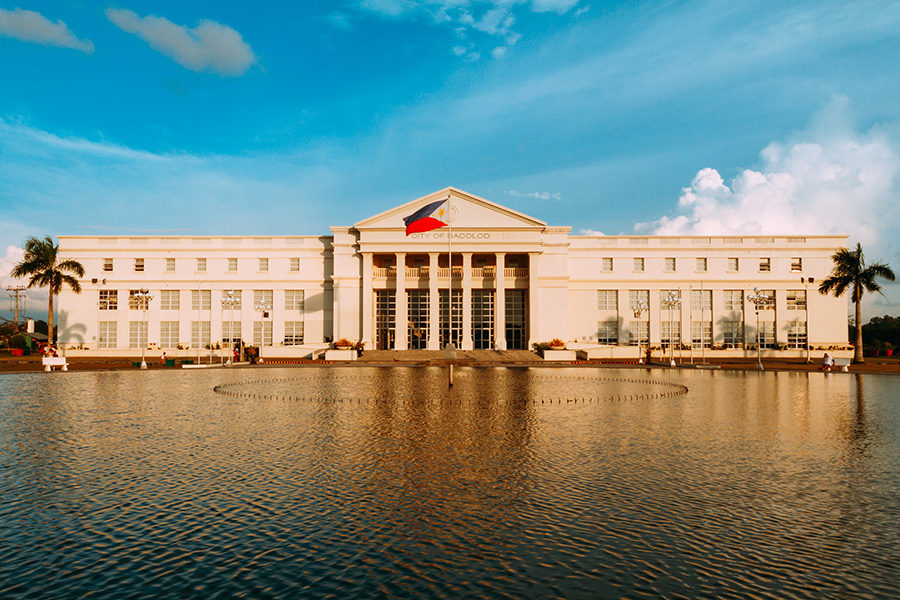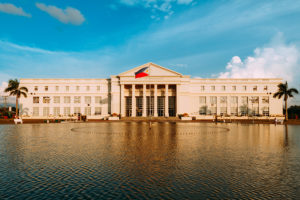Philippines money laundering regulation advances

A bicameral committee has made changes to the Senate’s and the House’s proposals to amend the 2001 Anti-Money Laundering Act.
The Philippines.- A bicameral conference committee from the Philippines Congress has approved the latest version of the country’s anti-money laundering bill, which could affect the operations of Philippine offshore gaming operators (POGOs).
The panel was formed to reconcile House Bill No. 7904 and Senate Bill (SB) No. 1945. If passed, the bill will amend the Anti-Money Laundering Act (AMLA) of 2001 to comply with the recommendations of the Financial Action Task Force (FATF).
The latest version of the bill includes tax crime as a predicate offence to money laundering but takes up the Senate’s proposal to set the threshold at Php25m (US$520,427) instead of Php20m (US$416,342).
Another change added by the committee to the original bill is to raise the threshold for the submission of reports on real-estate transactions from Php5m (US$104,066) to those in excess of Php7.5m (US$156,099).
The FATF has given the Philippines government until February 1 to implement changes to the AML to avoid being grey-listed.
In June 2021, the FATF is due to make a decision on whether the Philippines will be grey-listed.
The impact on POGOs
The bill, if passed, would impact on real estate developers and brokers as well as casinos, POGOs and their services providers.
The amendment places casino operators under the scope of the AMLA and defines whih large single cash transactions must be labelled as suspicious. In the case of casinos, this would apply to all individual transactions exceeding Php5m (US$103,999).
The amendment strengthens the AMLA by allowing the enforcement of financial sanctions and facilitating prosecutions of money laundering overseas.









